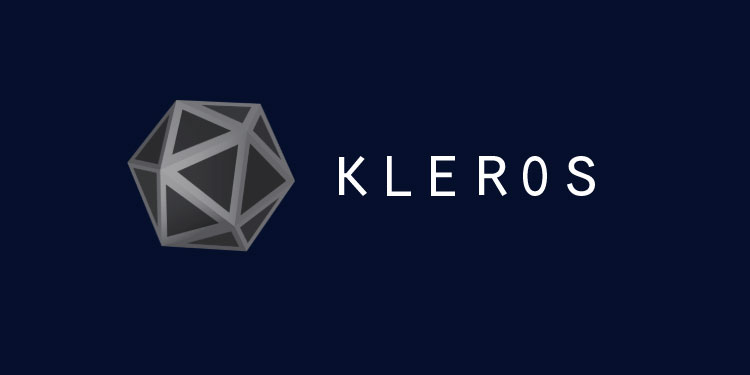Kleros, the decentralized dispute resolution layer, has officially announced the coming of the Kleros Governor – the smart contract to decentralize Kleros governance. Kleros has been using Aragon to hold votes in order to make decisions for the smart contracts, however, it is now unable to use Aragon to make the updates in the smart contract.
So until now, it has not been possible for the enforcements to be made in a decentralized manner. Kleros Governor is a smart contract that is responsible for enforcing governance decisions in the smart contracts. The Governor UI will be released in the coming weeks for testing as the Governor’s smart contract is still in a period of review and bug bounties. Bounties payout up to 50 ETH.
Decentralized Enforcement
By using this enforcement process, it allows any interested party to enforce and police the updates to the Kleros smart contracts. Coopérative Kleros will still play a large role in submitting lists and enforcing decisions, but this update in contract ownership makes Kleros more decentralized. Now community members do not need to rely on the goodwill of Coopérative Kleros after votes have taken place, and it paves the way for Kleros to continue to function and evolve in the event of a centralized failure (lost keys, dissolution of the coopérative, etc.).
How It Works
Imagine a scenario where Kleros (PNK) token holders vote to change the juror rewards for the General Court to 0.1 ETH per vote. The Kleros Court smart contract is no longer owned by Coopérative Kleros, but instead by the Kleros Governor smart contract. Therefore, this smart contract needs to make the call to Kleros Court to tell it to update the juror fees.
The first step is to tell the Governor smart contract that a vote has passed; and what update needs to be made. Kleros team members, jurors, community members or anyone interested in having the ruling enforced can do this from the Kleros Governor interface. The smart contract will not allow duplicate lists of instructions to be submitted; so only one party can make the submission.
The Pinakion (PNK) token protects the system from attacks, while also providing jurors with a financial incentive to resolve cases coherently, learn more in the whitepaper.
